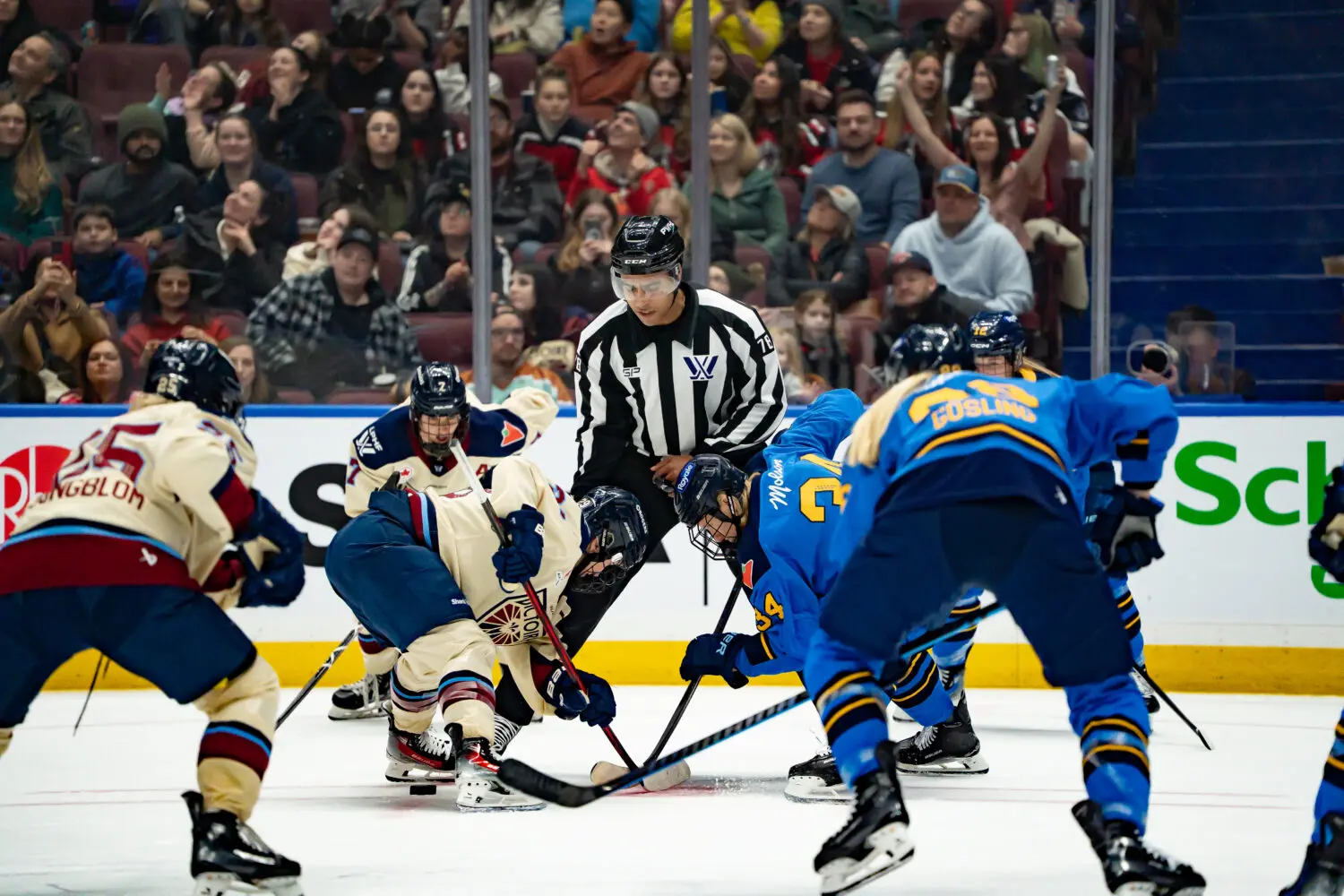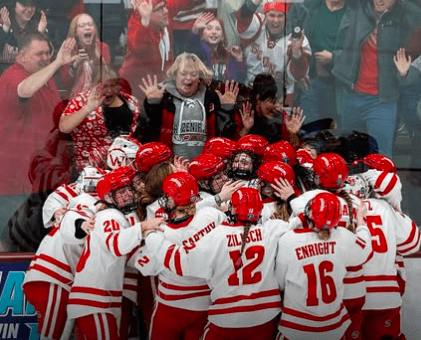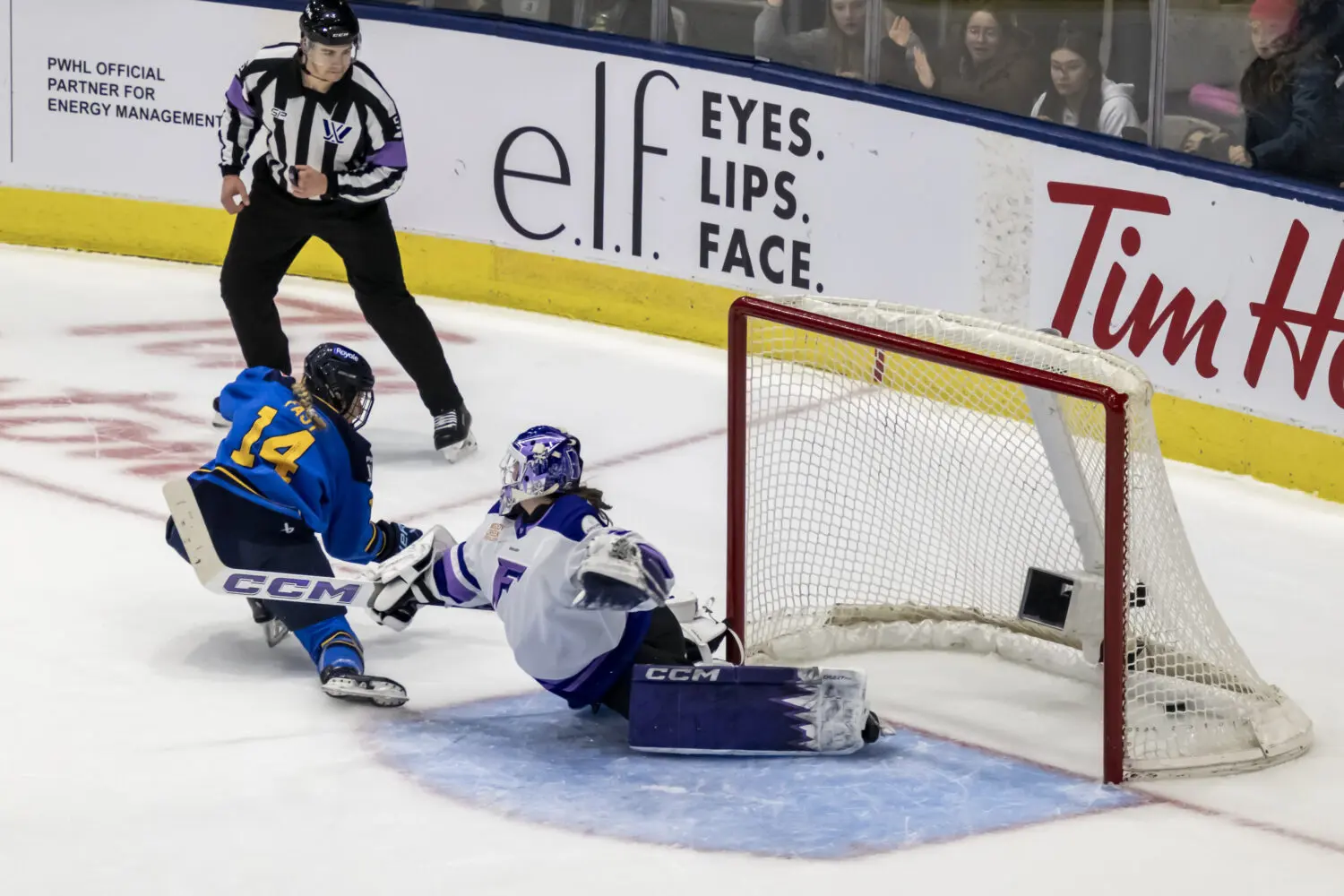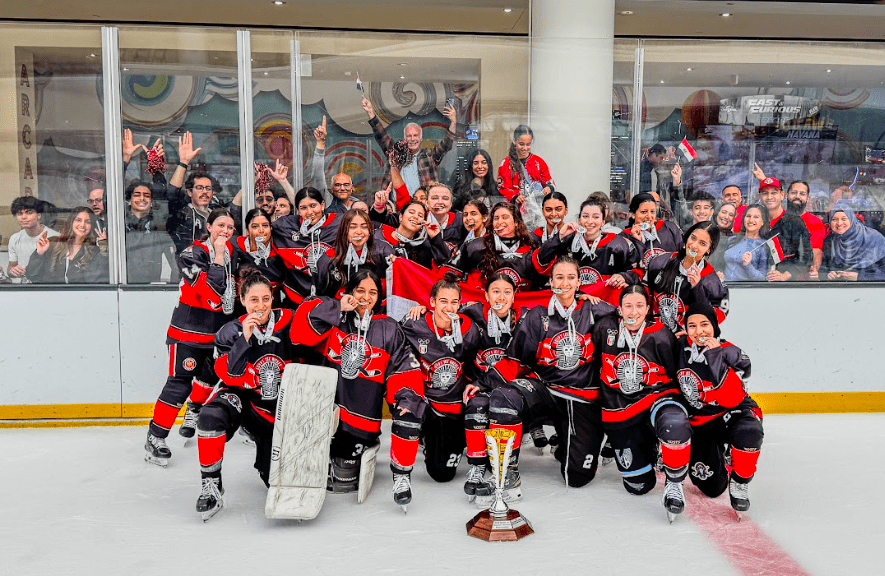Learning to play sports as a child can help develop important life skills like meeting new friends, teamwork and leadership—especially when playing on a hockey team! But, unfortunately, hockey isn’t widely available for young girls, or even grown women. Programs that foster athletic growth and skills on the ice seem to be a rare commodity for female skaters. Because of that, our sense of community within the sport is incredibly strong—and incredibly important.
What is a Community?
Community is defined as “a feeling of fellowship with others, as a result of sharing common attitudes, interests and goals.” Community gives us a sense of belonging. It gives us a feeling of safety.
But, hockey has always been a predominately-male space with an already well-established community that is incredibly masculine. In order to find success in this sport and to reach our goals on the ice, women need to feel safe and empowered.
We need to feel like we belong—and our best chance at achieving this are by supporting each other and creating our own strong community.
The Benefits of a Women’s Hockey Community
“‘Research shows that women, [possibly] more than men, need to maintain [adult friendships]. It increases serotonin and oxytocin, known as the bonding hormone,’ says Alisa Ruby Bash, PsyD, LMFT” (Laura Barcella, Healthline, According to Science, Your Girl Squad can Help You Release More Oxytocin).
So, as women bond through hockey and build strong friendships, the community that follows offers numerous benefits unique to the sport, include*
- Decreased feelings of loneliness
- Reduced stress
- Emotional support
- Personal Development
- Sense of belonging
- Support through challenges
A women’s hockey community is a crucial aspect of the sport in providing a safe space for female players to learn, grow, and excel. And, it’s even more important that we work together to keep the community going strong.
But how, exactly, can we do that?
What We Can Do to Keep Our Community Going Strong
“Many people think that girls are not as interested in sport as boys. Women’s Sports Foundation research shows that boys and girls between the ages of 6 and 9—and their parents—are equally interested in sports participation. However, by the age of 14, girls drop out of sport at a rate that is six times greater than boys. Girls and women simply do not receive the same positive reinforcement about their sports participation. Boys receive balls, gloves and sports equipment by the age of two. They see their images on television as sportsmen, they see their photos in the sports section and know from their parents and friends that they are expected to play sports. However, the trend is clear: the increased participation and success of female athletes at the Olympic Games, increased television coverage of women’s college sports, new women’s professional sports leagues and the participation increases of females in all sports and all age levels” (Women’s Sports Foundation).
To help contribute to your hockey community and to keep it going strong both on and off the ice, you can:
Pursue Your Interests
Love hockey? Join a Facebook Group to chat with other women about the sport. Play hockey? Join a women’s league. Love hockey but have never played? Find clinics that cater to your age group.
Be Open to New Friendships
As previously mentioned, there are several physical and mental health benefits to forming female friendships. When you join a new team or a new league, be open to these new friendships.
Support Each Other
In other words: when women support women (especially in hockey and on the ice), that’s when we win. That’s when our community becomes more about “being number one”, and evolves into a bonding experience transforming hockey as a whole.
Sources:
https://www.womenssportsfoundation.org/advocacy/benefits-sports-participation-girls-women/
[adrotate group=”1″]
Related Articles
Categories
Recent Posts
[adrotate group=”2″]











